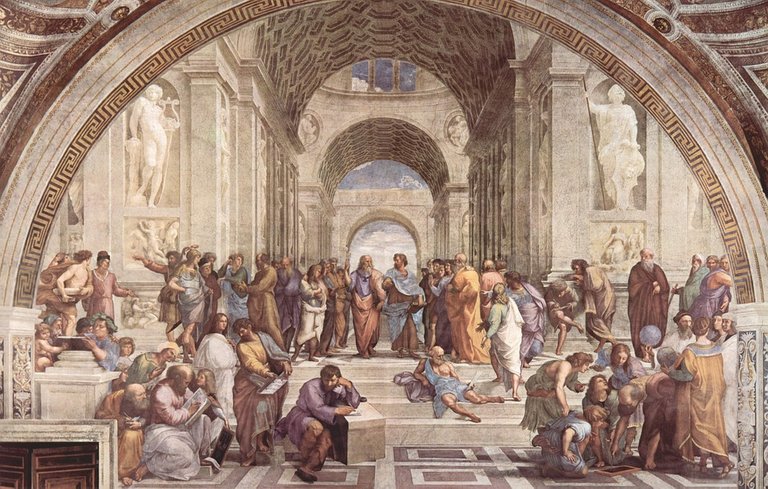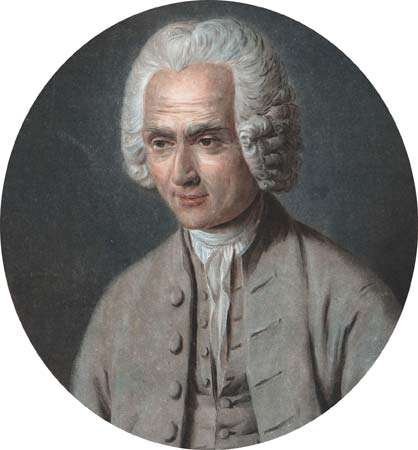I am a translator. Everyday I work with words: I take them from language A, turn them around, turn them upside down and inside out, then I write what I find in language B. Then I repeat this process again and again, with each word I come across. Finally, I take sentences and check for coherence.
Most of my work is done with legal documents. This has been a great opportunity to study the structure of the world(s) we live in, and how they interact. One thing that jumps into my attention every time I write the name of a country, or the title of a government representative, is the concept of “State” and how it has evolved over the millenia.

The word STATE comes from the latin word status and the verb stare, which meant to stand. In time it became the currency term to refer to the state of things, the public situation or status reipublicae. If we trace it further back into more obscure ages of language, we may find, coincidentally, that the word SYSTEM has the same root. This etymology is true for romance languages and germanic root languages. Some words for STATE are: Estado, État, Stato and Staat.
I’d like you to ask yourself the following question: What does this origin have to do with our modern conception of STATE?
We know that the STATE is the conglomerate of institutions that carry on public functions; it is the gears that make a country’s (country is the combination of state, people and territory) constant movement possible. Public functions are determined by public needs, which differ from place to place but almost invariably around the globe fall upon economy, health and education.
As you can see, a country is like a house: it has a physical place, a certain number of people living inside it, and figures (father, mother, pet, etc.) that make the gears move.
Maybe it is the continuous action of sensationalist media, maybe it is the fact that we are not being taught the basic political principles of life at schools anymore, but I bet the first thing the word STATE brings to mind is either Trump, a tie, or a ton of prefabricated sentences that mean nothing to anyone, like “deeply concerned about the deeds that took place” or “take on the enemy with vigor”. Sound familiar? Do you know what deeds those were? Or which anime they might refer to?
Now imagine you are in ancient Athens, where the concept of State was refined, and some “deeds” took place. A public building fell down. Immediately, the people closer to the event will clear off the debris, savage the wounded, bury the dead, clean it all up and start figuring out how to rebuild it. These people may or may not have been appointed officials, but they would’ve no doubt taken care of the situation. A leader certainly existed, but no one would’ve waited for him to get to work.
Is it so with the holes in the pavement in your neighborhood? Is it possible for you and your community to get some cement and fix the holes yourselves? Is it possible to put together a community clinic to help your neighbors in need? Or a spontaneous community school?
The answer probably is no, and the reason for the negative is because you -us- have relinquished power onto the STATE, the institutions, in virtue of the so called social contract. We have given part of our power to the STATE in exchange for their protection. This is the historical turning point, when the classic concept of governance turned into the modern way we look upon our institutions.
The next question I’d like you to ask yourselves is: Is this ok?
Obviously, before the theory of the Social Contract, humans were in an infinitely worse condition than we are now. But this doesn’t mean that we have to keep a system that is flawed. What it means is that we should perceive how our institutions interact with us, instead of following their instructions like cattle.

The thing with the current STATE of political things is that we have been fooled to believe that we choose our political leaders. Trust me, we don’t. They choose themselves, and then they work their way up like ravenous, flesh eating slugs. Mind you, smiling, kind-looking, ravenous flesh eating slugs. I do not mean to say that all politicians are bad, or that all of the people running for any office are corrupt. What I mean to say is that they want power, otherwise they wouldn’t run for it. It’s not just a coincidence that the Roman God of politics -Jano Bifronte- has two faces. And that brings me to the third question I’d like you to ask yourselves: Why do people want power?
On a personal level, I wouldn’t vote for anyone I wouldn’t trust to help me with a flat tire in the middle of the night.
(I don’t vote)
In my opinion, if I am being asked by a “social contract” to relinquish part of my power and give it to someone, and this new person will use this power to rule upon my lifestyle, my opportunities and my basic freedoms… I don’t know. Maybe it’s just me but I’d like to at least have dinner with this person.
So this is the STATE of things, when it comes to politics. And this STATE is true for most of western civilization. I am not an abolitionist, I am not a radical, I am not an anarchist. I am just a person who likes to ask difficult questions in the hope of creating waves of thought that lead us closer to an answer.
Source: translation from http://etimologias.dechile.net/?estado
Images
The School of Athens, by Raphael
Portrait of Jean Jacques Rousseau
I love etymology. I love difficult questions. And I have pretty much asked all the ones you just posed! I also just got a book on the Disputa by Raphael.... And I often think about the word state (and remind myself of the word polis in politics to try and find some patience with the System of it all.... Cities are ok. At least there is art there and fewer chickens. Well living ones that is. )
Anyway, the word state for me is important in my spiritual research as a non-locum as in "mood". It reminds me how we create our realities (beneath the soles of our feet for the souls in our bodies) by our beliefs. It creates a dimension and this is also a world.
This power, with all its rules, is not to be underestimated and so much more relevant to each and every individual than the veneer of politics. To be honest I sometimes wish I had gone into politics and chosen an easier life.
Thank you for taking some time to read my article, I'm an admirer of your writing! I believe there is no such thing as an easy life. I've seen kids who had it really easy in the material aspect gone dead in the spiritual one. I rather keep my spirit clean and shinny. And since you mention how we create our realities, I have recently begun struggling with the thought of other people being just our creations as well, and it makes me doubt that they even exist. Sometimes I see the political situation in my country and wonder if it's just another projection of struggles I have within myself, and I work hard don fingind them and changing them, but nothing changes outside. This way of understanding the world has got me into a lot of trouble -mentally speaking. I have a son, a very young one, and I ask myself every day what I would answer to questions he might make about reality, god and religion. This is why I begun writing again, so I can clear my head and help him out when the time is due...
Very valid ruminations! And recognisable! I have had a similar line of thinking and it can get a bit scary.... I think this is a hyper-awareness that is renewed by the arrival of an all-seeing soul (fast losing sight and leaving you with fairly impossible questions). The trick is to keep the magic alive. And stay on the fringe, always ready to extract onself from the lie.... Ok, still a bit scary, maybe...!
Well said!! 👏👏 It's interesting that a word that's evolved to have such a negative connotation (the "State") came from "to stand." Today, we're wanting to "stand" AGAINST the "state."
It's just interesting how things change over time.
Hi @blankcanvas86
I totally in agreement with your line of thinking. I have heard an interesting theory and I think this applies to what you are trying to explain. Yes we crave for thing that makes sense that's why we keep on walking this path to our own doom.
The theory
For me the thing that mostly dictates why we allow this destruction of ourselves and the ones around us is because we don't know. In ancient times people were manipulated through knowledge. If you knew something as simple as when the next eclipse would take place you could make people believe you are a god.
Although not as easily seen today there are tons of things out there, live changing things that no one knows about and we are manipulated like in the ancient times.
I do not agree with everything David Icke has to say but the information presented is astonishing!
Let me know what you think.
https://www.youtube.com/user/davidicke